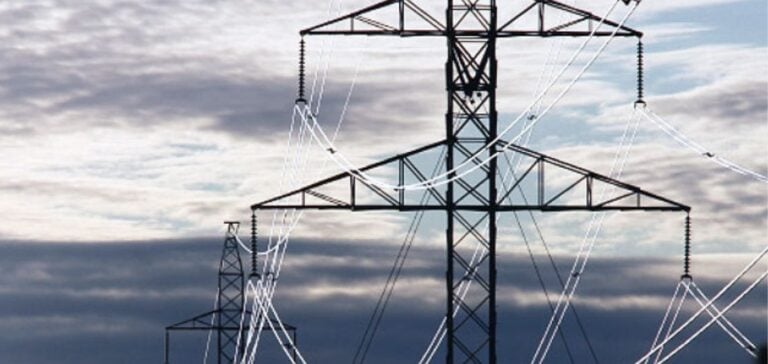Portland General Electric (PGE) announces the signing of a Memorandum of Understanding with Grid United and ALLETE, Inc. for the construction of the North Plains Connector, a 415-mile high-voltage direct current (HVDC) transmission line. This project will link Bismarck, North Dakota, to Colstrip, Montana. Once finalized, this agreement will give PGE a 20% stake in the project. The North Plains Connector will be the first HVDC connection in the United States linking three regional electricity markets: the Midcontinent Independent System Operator, the Western Interconnection and the Southwest Power Pool. This interconnection will provide greater flexibility and enable energy resources to be shared across several time zones. According to Maria Pope, President and CEO of PGE, this initiative is crucial to meeting customers’ growing needs for clean, reliable and secure energy.
Economic and environmental benefits
The North Plains Connector project will increase transmission capacity, providing PGE with 600 megawatts of transfer capacity. This will provide access to diversified energy resources, strengthen wholesale markets and reduce congestion on the existing Western transmission system. Bethany Owen, President and CEO of ALLETE, emphasized the importance of collaboration to the success of this large-scale infrastructure project.
Job creation and investment
Representing a total investment of around $3.2 billion in Montana and North Dakota, the project is expected to create over 600 jobs during the construction phase. Once completed, this transmission infrastructure will also boost energy production in both states. Michael Skelly, CEO of Grid United, expressed his enthusiasm for this partnership with PGE, pointing out that numerous studies show that interregional transmission improves reliability, reduces costs for consumers and is essential for meeting the growing demand for electricity.
Future prospects and developments
Under the terms of the MOU, Grid United will continue to fund the development of the North Plains Connector. PGE will invest once regulatory approvals and permits are in place. This project is part of the Department of the Interior’s ongoing efforts to evolve the approach to offshore wind to favor union-built projects and a domestic supply chain.
PGE’s commitment to Clean Energy
The company is committed to reducing emissions from its retail electricity supply by 80% by 2030 and 100% by 2040. In 2023, PGE’s employees, retirees and foundation donated nearly $4.6 million and volunteered over 23,000 hours to more than 400 non-profit organizations.






















